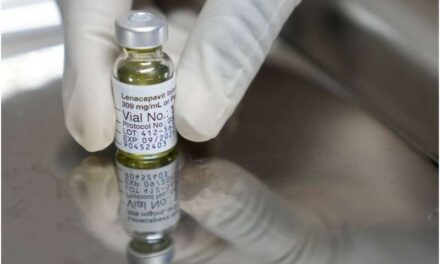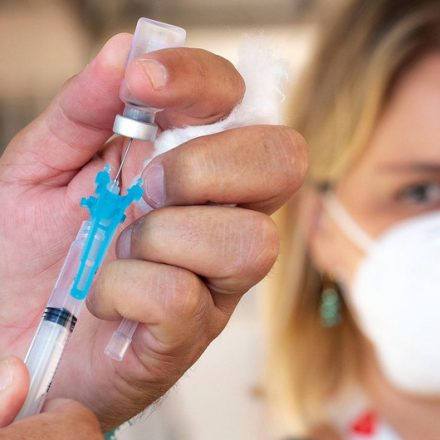A recent secondary analysis of data from the Fluids and Catheters Treatment Trial (FACTT), published in the March 2024 issue of Respiratory Medicine, has uncovered concerning results for patients suffering from Acute Respiratory Distress Syndrome (ARDS) who also have diabetes. The study indicates that these patients face significantly worse clinical outcomes when compared to those without diabetes.
ARDS is a life-threatening condition often caused by trauma, infection, or pneumonia, leading to widespread inflammation and fluid accumulation in the lungs. It significantly impairs gas exchange, making it difficult for patients to breathe and severely compromising oxygen levels in the body. The study’s findings highlight that pre-existing diabetes worsens the progression and recovery of ARDS.
According to the study, patients with both ARDS and diabetes tend to experience more severe lung damage and longer recovery times, with a higher likelihood of complications such as infections and organ failure. Researchers speculate that diabetes may negatively impact lung function, potentially through mechanisms related to inflammation, metabolic disturbances, and immune system dysfunction, all of which could impede the body’s ability to recover from ARDS.
The authors stress the importance of close monitoring and management of respiratory functions in patients with both conditions. Timely interventions and tailored treatment plans are vital to improving patient outcomes, as these patients may not respond as well to standard therapies designed for ARDS alone.
The study also calls for more research to explore the specific ways in which diabetes influences respiratory function in ARDS patients. Understanding these mechanisms could lead to more targeted strategies to enhance treatment effectiveness and patient recovery. As the global prevalence of diabetes continues to rise, these findings serve as a critical reminder of the need for specialized care in patients with comorbid conditions.
Further investigations could provide invaluable insights into how healthcare providers can better manage this vulnerable group, ultimately aiming to reduce the burden of ARDS on patients with diabetes.












